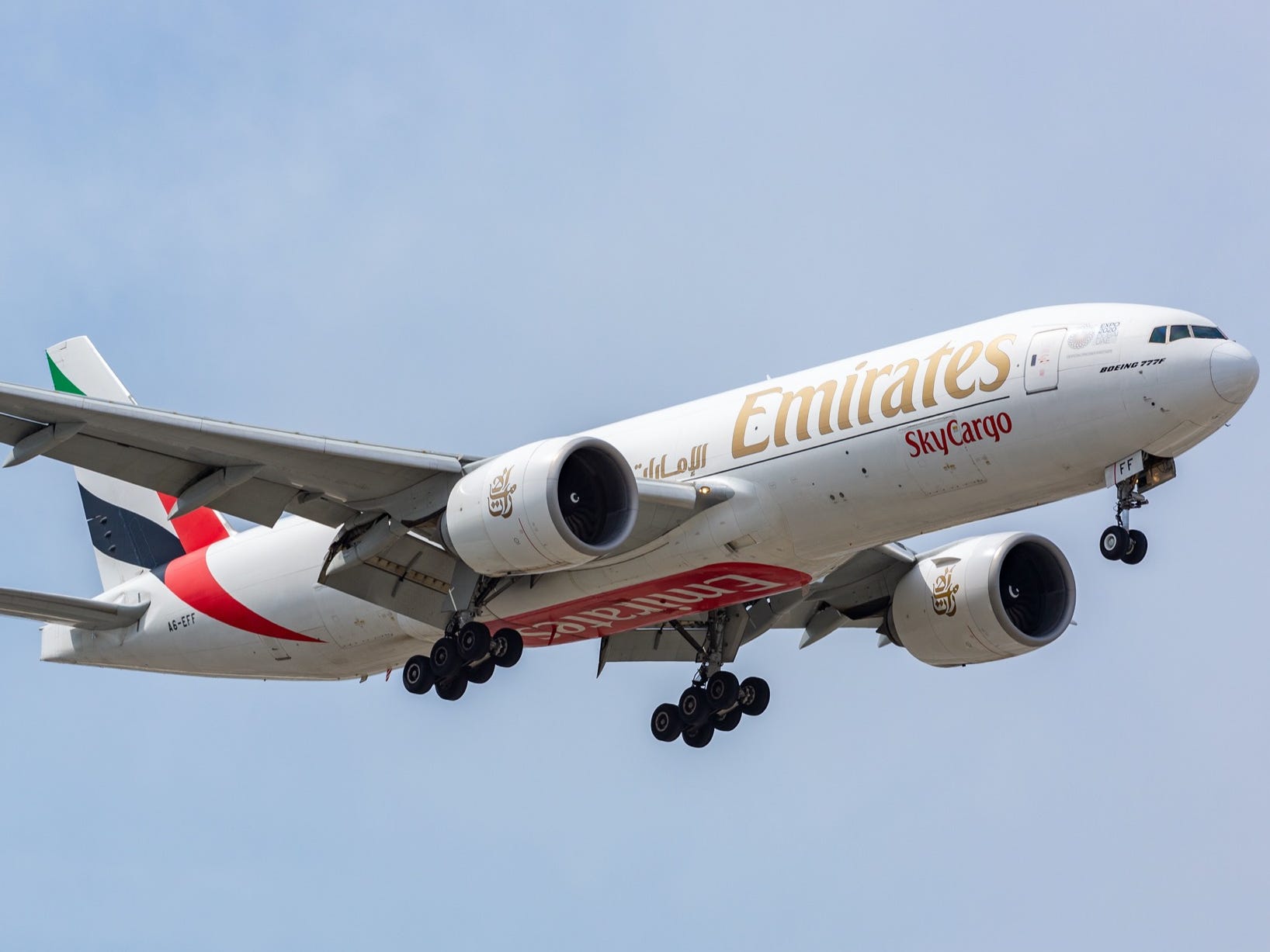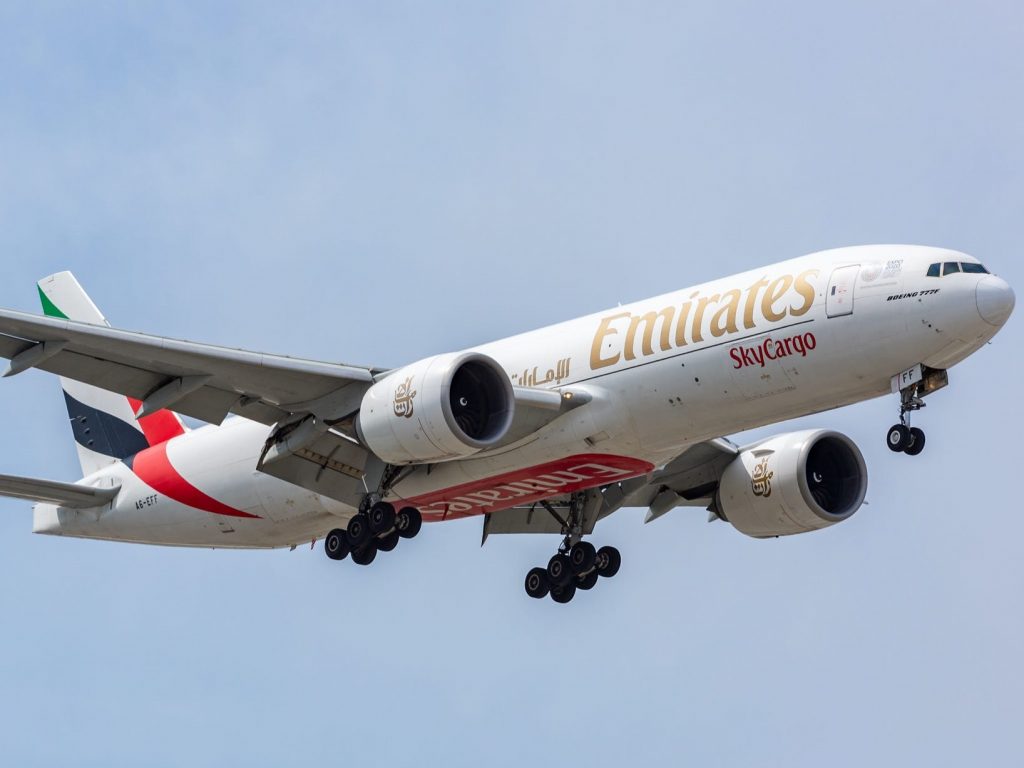
- Emirates and Air India have canceled some US flights because of the planned rollout of 5G.
- Flights to Newark, Orlando, and San Francisco are among those affected.
- Japan Airlines and ANA resumed routes after Verizon and AT&T delayed the rollout near airports.
International airlines have canceled some US flights despite the pause to a rollout of 5G near airports that had triggered carriers' concerns over flight safety.
Dubai-based airline Emirates said in a statement Tuesday that from Wednesday it was suspending flights to Boston, Chicago, Dallas Fort Worth, Houston, Miami, Newark, Orlando, San Francisco, and Seattle "due to operational concerns associated with the planned deployment of 5G mobile network services in the US at certain airports."
It comes despite Verizon and AT&T Tuesday agreeing to delay the launch of 5G service near airports after airlines warned the technology could cause massive flight disruptions and affect commerce.
Emirates said it was working with aircraft manufacturers and authorities to alleviate its operational concerns. The suspension would stay in place "until further notice" and flights to New York JFK, Los Angeles, and Washington DC wouldn't be affected, it said.
Emirates did not immediately respond to Insider's request for comment about whether it would resume flights in light of the 5G delay.
Air India said Tuesday that it was canceling that day's flights to New York JFK, Newark, Orlando, and San Francisco because of the 5G deployment.
Japan Airlines and All Nippon Airways said Tuesday that some flights would be suspended after Boeing notified them that 5G signals may interfere with the aircraft manufacturer's 777 airplane.
The airlines issued new statements Wednesday saying they would resume flights from Thursday after the Federal Aviation Administration approved the aircraft's safety following the 5G rollout delay.
Ten major US air carriers, including American Airlines, United Airlines, and FedEx Express, said in a letter to federal officials Monday that 5G services could disrupt multiple systems in widebody aircraft. This is because it could affect an aircraft's radio altimeter, which is used to determine a plane's altitude above ground level when landing or flying above mountainous terrain.
The scheduled deployment could "potentially strand tens of thousands of Americans overseas" and grind the nation's commerce "to a halt," the air carriers said in the letter by trade organization Airlines for America.
Verizon and AT&T said Tuesday they would continue with the rollout on Wednesday as planned but would voluntarily delay deploying the technology near airports.
"The Federal Aviation Administration (FAA) and our nation's airlines have not been able to fully resolve navigating 5G around airports, despite it being safe and fully operational in more than 40 other countries," Verizon said in a statement. An AT&T spokesperson told Insider that the company was "frustrated by the FAA's inability to do what nearly 40 countries have done, which is to safely deploy 5G technology without disrupting aviation services."
"They have not utilized the two years they've had to responsibly plan for this deployment," the AT&T spokesperson added.
Delta Air Lines warned Tuesday that some of its flights could still be disrupted despite the delay.
